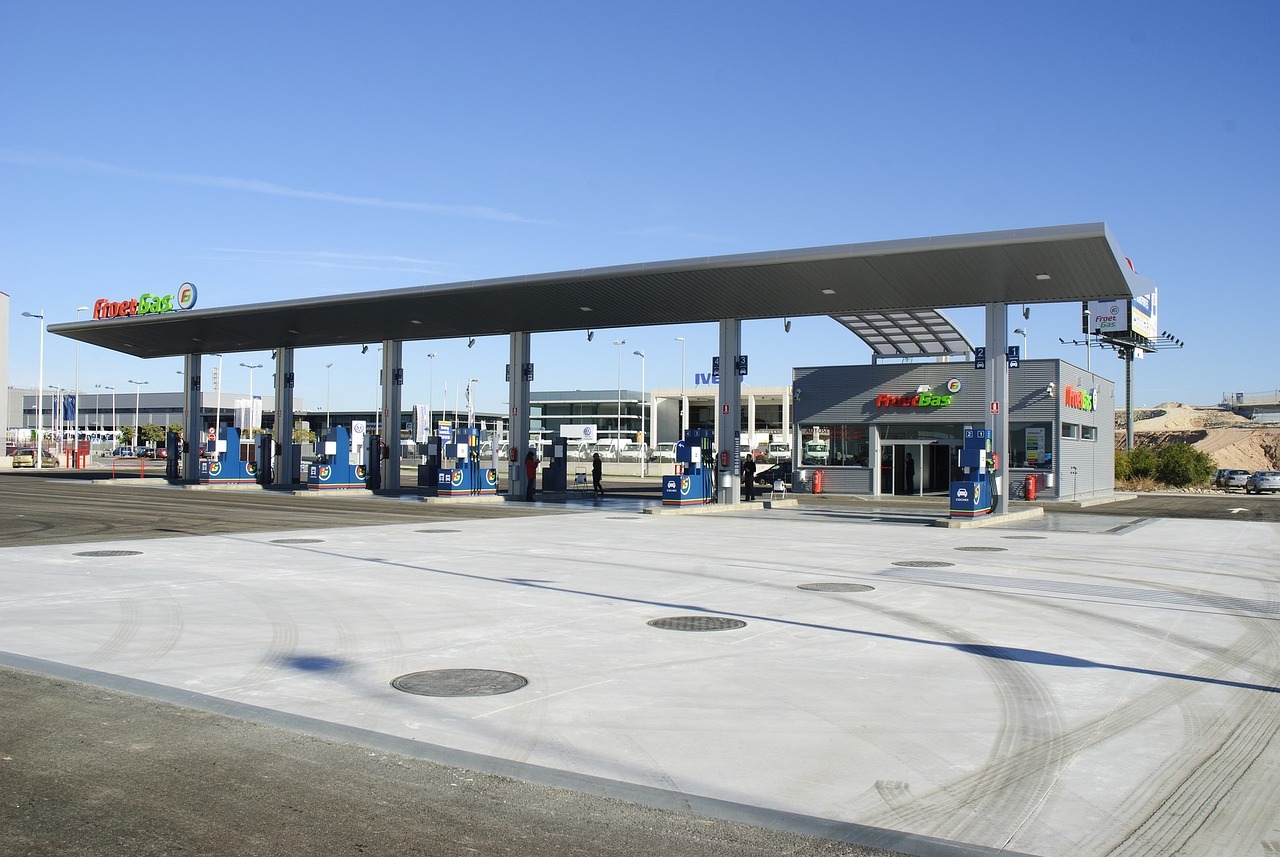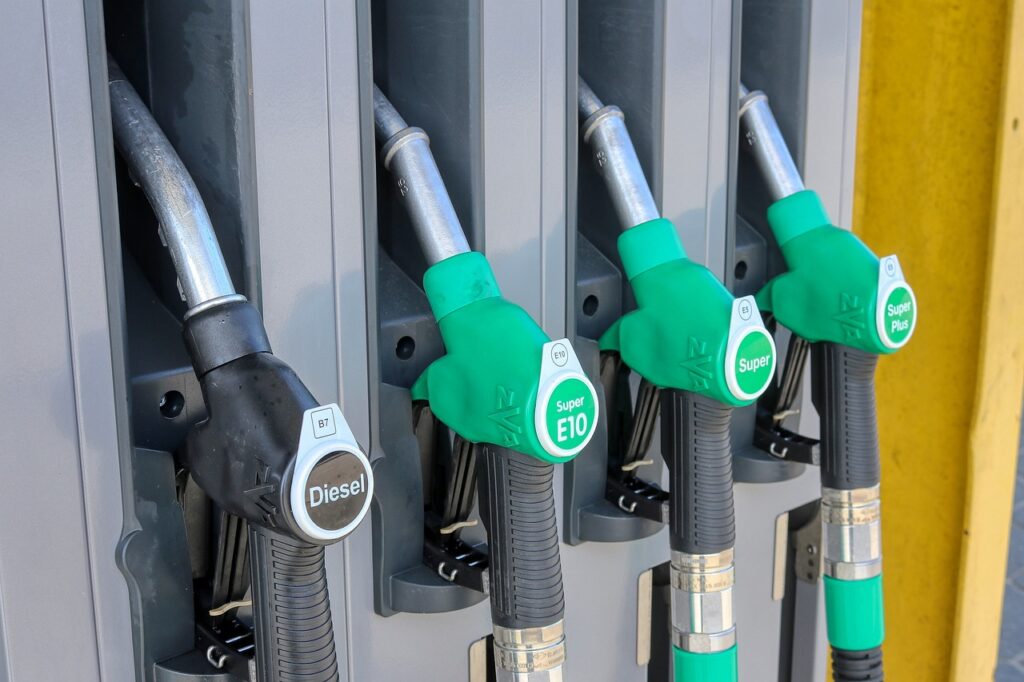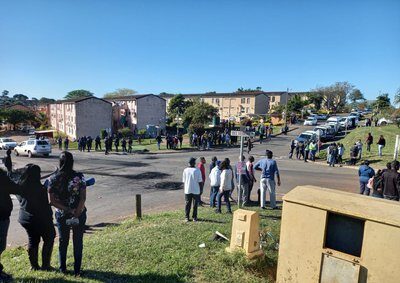
Petrol price increases can certainly be a tough blow for South Africans, affecting not only individuals but also businesses and the economy as a whole. It’s a ripple effect that touches various aspects of daily life, from transportation costs to the prices of goods and services. Rising petrol prices can strain household budgets and contribute to inflationary pressures.

The government and policymakers often face challenges in managing these increases, balancing the need to fund infrastructure and services with the burden placed on citizens. In response, people might seek alternative transportation options, such as carpooling or public transit, to mitigate the impact on their wallets. Additionally, businesses may adjust their pricing strategies or seek out efficiencies to manage their own increased costs.
While petrol price hikes can be difficult to navigate, they also highlight the importance of sustainable energy solutions and the need for long-term planning to reduce reliance on fossil fuels.
Announcements like these often put pressure on household budgets, as people brace themselves for the impact on their expenses. For many, fuel costs represent a significant portion of their monthly expenditures, affecting everything from commuting to grocery shopping. This increase could prompt consumers to reconsider their spending habits and perhaps seek out ways to save on fuel, such as carpooling, using public transportation, or investing in more fuel-efficient vehicles.
Additionally, businesses may need to adjust their pricing to accommodate the higher costs of transportation and production, potentially leading to a broader inflationary impact across various sectors of the economy. Governments may also face scrutiny over their energy policies and management of resources, as citizens seek reassurance about the measures being taken to address rising fuel prices and ensure energy security.
Overall, these announcements serve as a reminder of the interconnectedness of economic factors and the need for individuals, businesses, and policymakers to adapt to changing circumstances.
The Journals and Posts initiative to gauge community sentiment regarding the petrol price increase provides valuable insight into how individuals and businesses are grappling with the economic impact. Let’s explore some potential responses from different stakeholders:
- Motorists: Many motorists may express frustration or concern about the increased petrol prices, as it directly affects their daily commuting costs. Some might consider altering their travel habits, such as reducing non-essential trips or carpooling, to offset the financial burden.
- Business Owners: Business owners, especially those in the transportation and logistics sectors, may face significant challenges due to the increased transportation costs. They might need to adjust their pricing strategies or find other cost-saving measures to remain competitive. Additionally, businesses reliant on fuel for operations, such as agriculture or manufacturing, may see their production costs rise, potentially leading to higher prices for goods and services.
- Community Members: Community members, including residents and consumers, may express concerns about the broader implications of the petrol price increase on their household budgets. They might anticipate higher prices for essential goods and services, which could strain already tight finances, especially for low-income households.
Overall, the responses gathered by the West rand side that can provide valuable insights into the economic challenges faced by individuals and businesses in the community. It also underscores the importance of effective policymaking and sustainable energy solutions to address these concerns and ensure the well-being of citizens and the economy as a whole.
The sentiments expressed by Allen Gumede, Melissa, PJ Prinsloo, Peter Simons, and Thabiso Mokoena highlight the widespread impact of petrol price increases on various sectors of society, from individual drivers to businesses reliant on transportation. Their comments underscore the challenges faced by many in managing higher transportation costs amid stagnant or limited income.
The advice provided by the Automobile Association offers practical strategies for motorists to mitigate the effects of petrol price hikes on their wallets. By implementing fuel-saving techniques such as sticking to speed limits, avoiding harsh acceleration, and minimizing the use of air conditioning, drivers can optimize fuel efficiency and reduce their overall fuel consumption. Additionally, measures like keeping vehicles well-maintained and avoiding overloading can further contribute to fuel savings.
These tips not only help individuals cope with immediate cost pressures but also promote responsible driving practices that benefit both the environment and personal finances in the long run. As communities navigate the challenges posed by fluctuating fuel prices, adopting fuel-saving habits can offer a measure of relief while waiting for potential decreases in fuel costs.

















